President Klaus Iohannis said on Friday that at the B9 Summit there had been an exchange of substantive views between participating leaders on recent security developments, stressing that it is necessary for the Alliance "to be able to defend every inch" of its territory.
"Today we have focused on what we need to do to ensure and deliver, in a concrete way, security for our citizens in this fundamentally changed reality. So, we had an exchange of substantive views today on recent security developments, but also on the allied response to them, especially in preparation for the decisions at the NATO Summit in Madrid. Today's dialogue has, once again, highlighted our strong commitment to actively contributing to NATO's objectives. We have also stressed in this context the need for NATO's future strategic concept to reflect as appropriately and realistically as possible new security parameters, to give priority to collective defence, to define Russia as a threat and to strengthen the Alliance on all levels in order to face all the challenges of the present and the future," the president said, in a press statement.
Iohannis stressed that it is necessary for the Alliance to be able to defend every inch of its territory. He spoke of a strengthened NATO presence on the Eastern Flank, especially on the Black Sea, the "most exposed" to Russian threats.
"It is necessary that the Allied be able to defend every inch of its territory, of allied territory. The result we are pursuing is a consolidated NATO presence on the Eastern Flank, unitary and coherent, robust, credible and sustainable especially on the Black Sea, the most exposed to Russia's threats. We are working to adopt concrete elements in this regard at the NATO summit in Madrid, which will take place at the end of this month. The Black Sea region has a strategic importance for Euro-Atlantic security, and future deterrence and defence measures must address the security needs of the area as a matter of priority," the president said.
Iohannis noted that collective defence is and must remain NATO's "fundamental, priority task", adding that the transatlantic connection and Article 5 of the Washington treaty make NATO "the most powerful political-military alliance" in history.
"We examined the stage of implementation of the decision we took at the meeting of NATO leaders on March 24 regarding the transformation of the Allied posture on the Eastern Flank. We reiterated that the extensive process of adapting the Alliance for the future must begin with the deep rethinking of NATO's deterrence and defence posture, but in the long run. We need to ensure that NATO is able and prepared to respond effectively and in a calibrated manner to the threats it faces," the president said.
According to the president, the B9 format represents "an essential framework for coagulation and the design of common, articulated positions" on important topics for the security of the Eastern and Euro-Atlantic Flanks. Iohannis stressed that the B9 format, together with NATO allies, ensures "an applied dialogue" on the implications of the Russian military invasion.
"Bucharest 9 is a format that has become all the more necessary in these moments when we are confronted at the border of the North Atlantic alliance with an open conflict that generates human life loss and propagates instability and insecurity in the region and throughout the Euro-Atlantic area. Since the beginning of the hostilities, on February 24, the allies from Central and Eastern Europe, part of the B9 Format, have maintained a dialogue and a close coordination, and the series of meetings held so far definitely demonstrates the added value of the B9 format," Klaus Iohannis said.AGERPRES

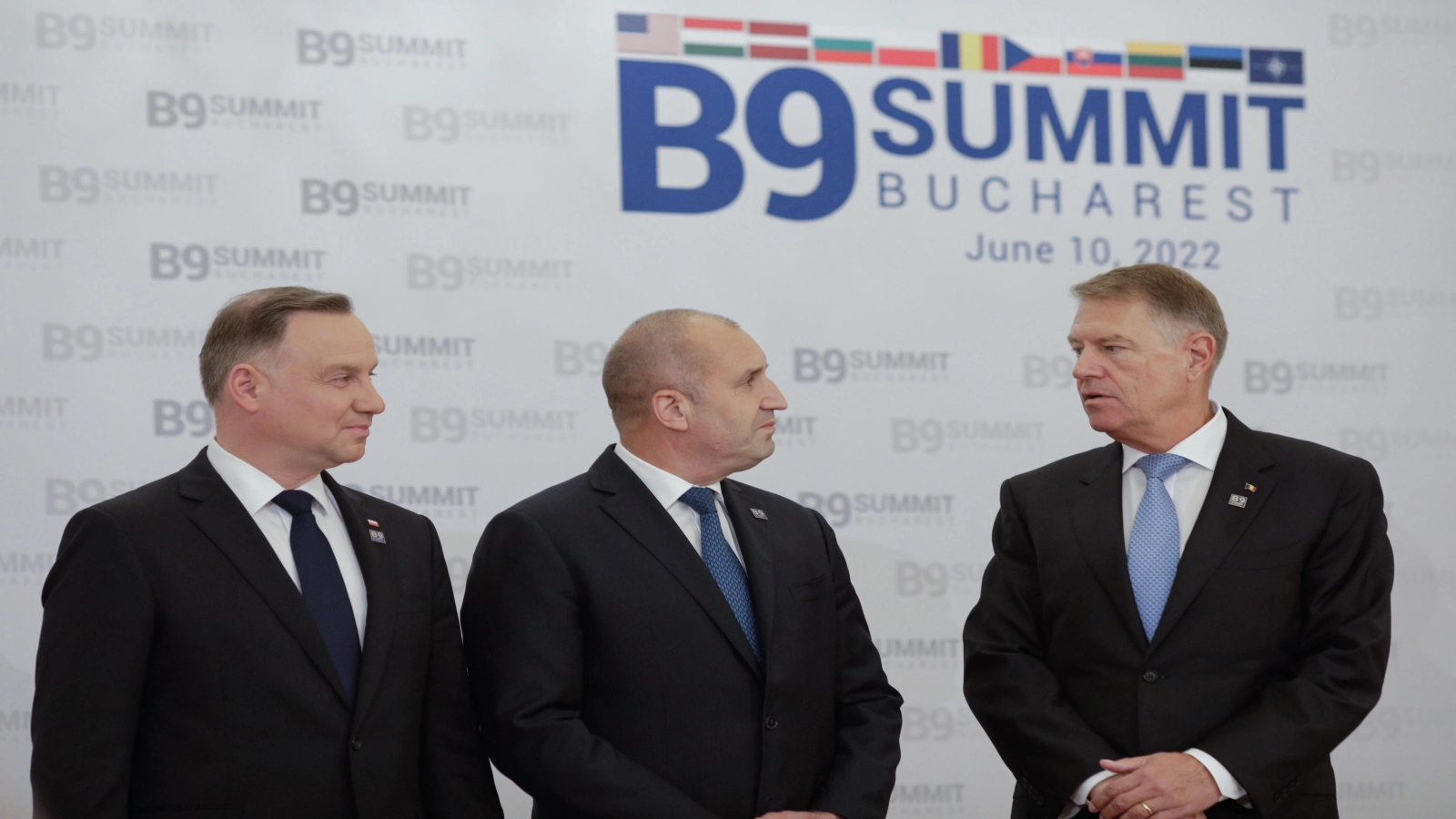


















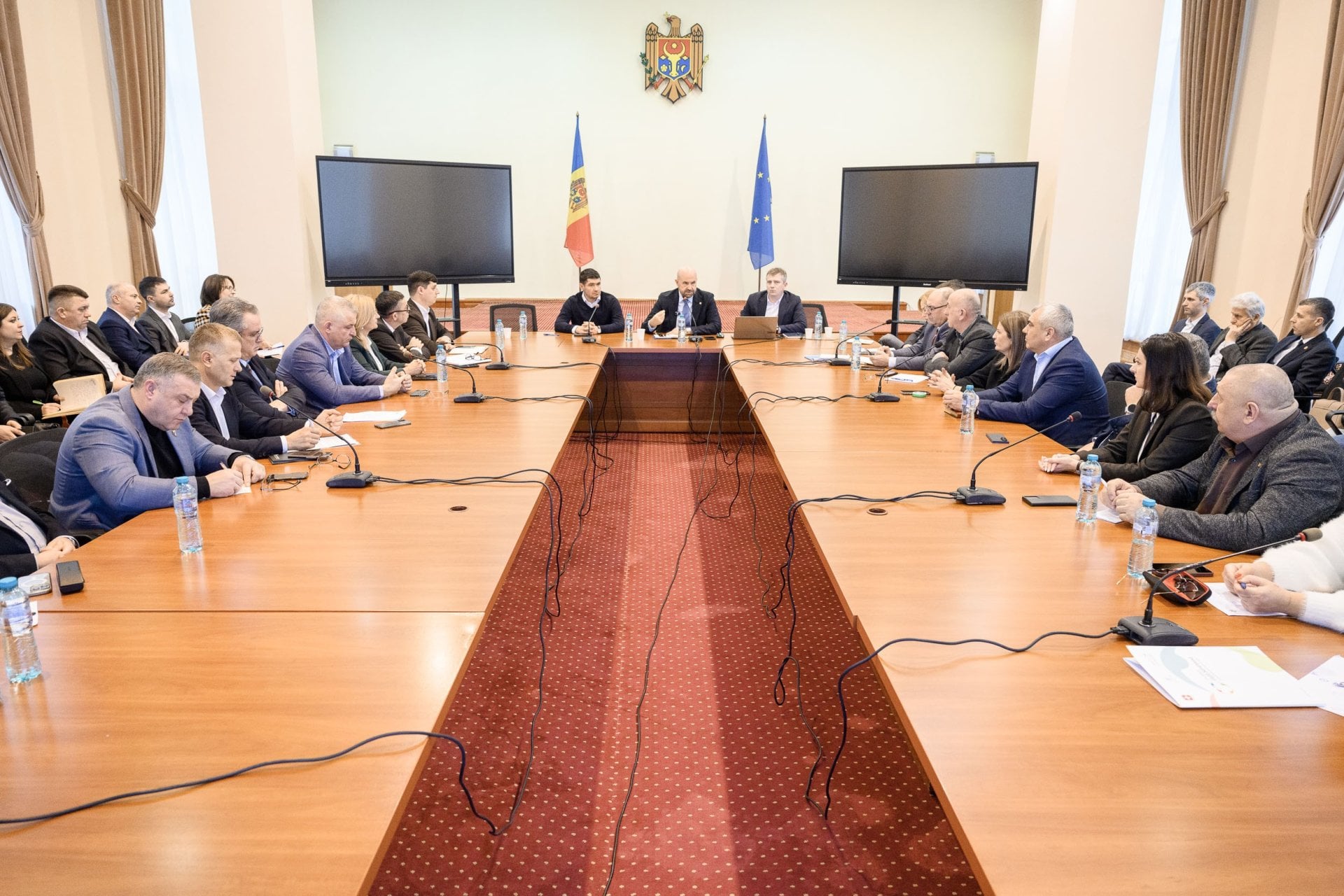
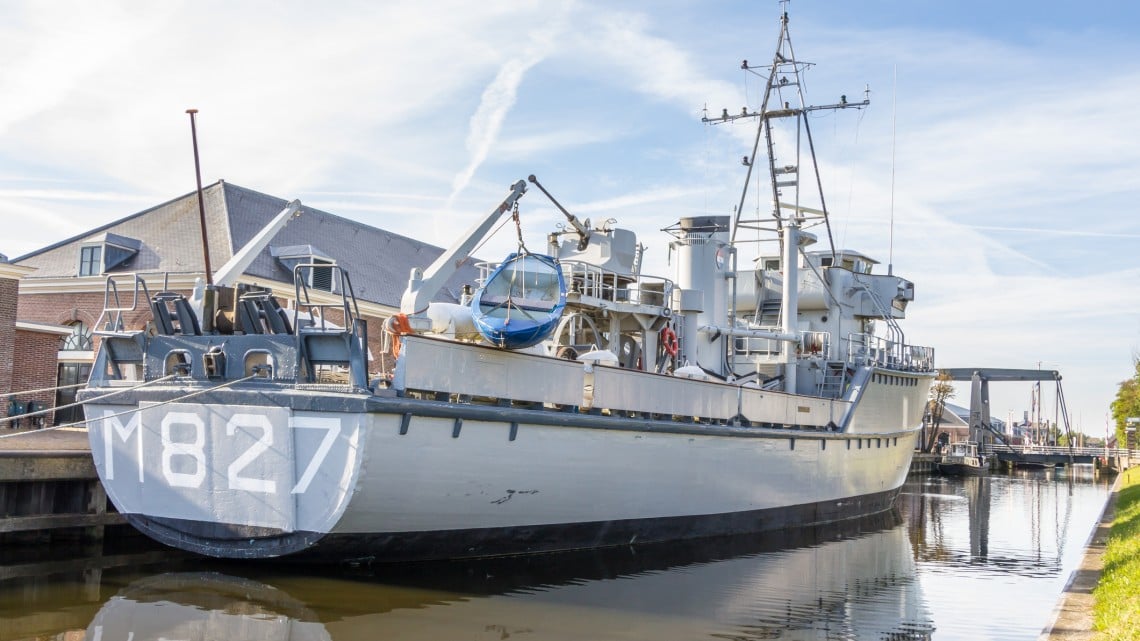


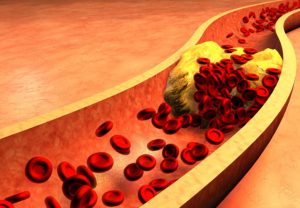




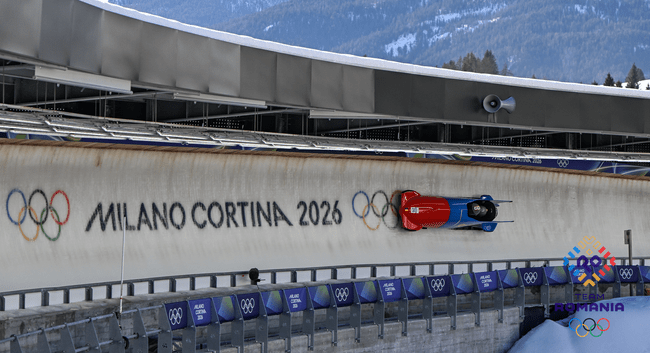


Comentează